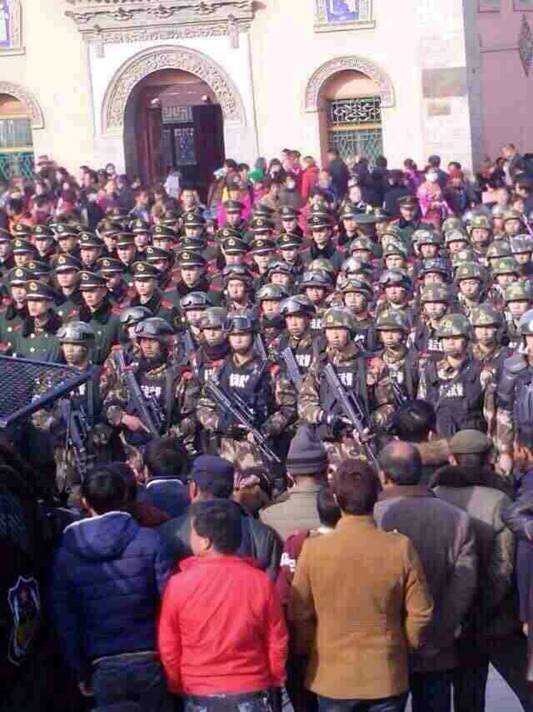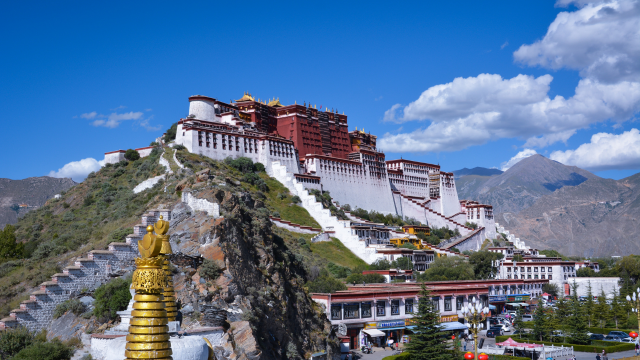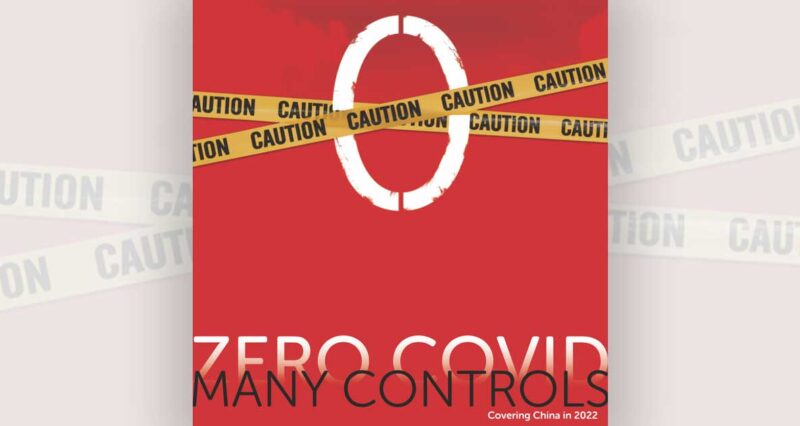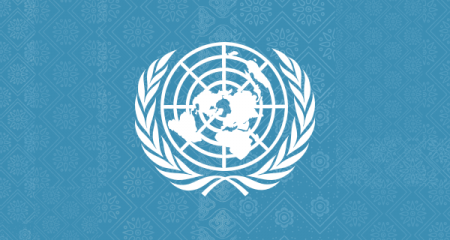In recent years, and in particular since the 2008 protests brought unprecedented international attention on the repression of the Tibetan people, China has restricted access to Tibet in order to prevent the truth about its oppression from reaching the outside world.
Foreigners today still require a number of special authorizations and permits in addition to their Chinese visa to enter the Tibet Autonomous Region (TAR), and the region is systematically closed off to them around politically sensitive periods. Access is still harder for exiled Tibetans, who are often cruelly prevented from being able to see their families whom they have in many cases been separated from for a very long time. Journalists covering the issue have been threatened and expelled from the country; delegations of diplomats and even UN officials are almost always denied access, other than on carefully staged official tours; and Tibetans are punished for passing information abroad.

This enforced isolation of Tibet, which allows the Chinese government to continue violating the fundamental rights of Tibetans without accountability, matters for human rights, but also reveals a strong asymmetry in our relationship with China. Chinese delegations of diplomats or journalists indeed face no such restrictions as those imposed on foreign citizens in Tibet, and enjoy free and open access to the entire territories of our Western countries all year round – an access they do not hesitate to use to influence perceptions of target audiences in our countries about Tibet. In recent months, EU leaders have increasingly invoked the principle of reciprocity in their relationship with China, but mainly in the field of trade and economic relations. However, reciprocity is considered an instrument for achieving the development of mutual trust and an incentive for compliance with international standards, and should therefore be extended to cover fundamental rights – including the freedom of movement and of information of foreign citizens in China and Tibet.
Related news and resources

“Do-No Harm when visiting” – ICT advises official delegations to Tibet
When granted access to Tibet by the Chinese government, official delegations should apply extreme caution and avoid amplifying Chinese state propaganda on Tibet, ICT said today, as the organization released “Guidelines for official visits to Tibet”.

Survey: No foreign journalists allowed in Tibet Autonomous Region in 2022
Every foreign journalist in a recent survey who applied to report in the Tibet Autonomous Region in 2022 says China’s government denied their requests. Even those who were able to visit other Tibetan areas faced restrictions.

UN experts renew call on China for unhindered access by independent human rights experts
Forty-two UN experts have renewed their call for China to address specific and systematic human rights violations and to cooperate fully with the UN human rights system and grant unhindered access for independent experts who have received and addressed allegations of significant human rights violations and repression of fundamental freedoms in the country.